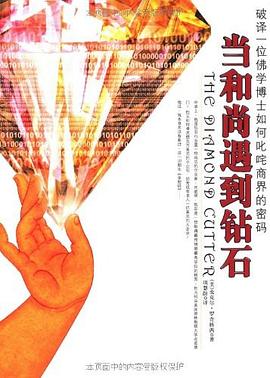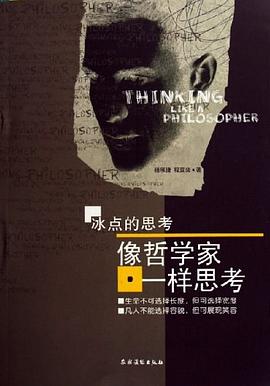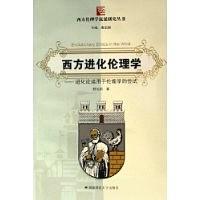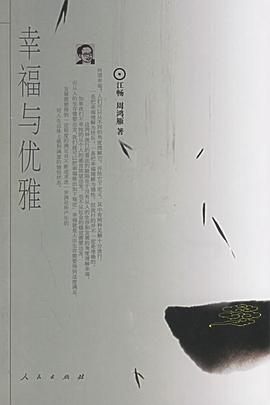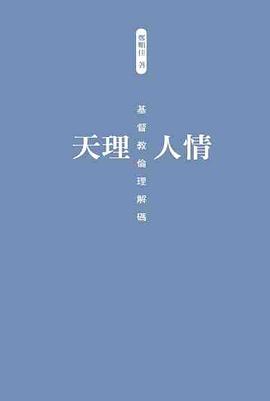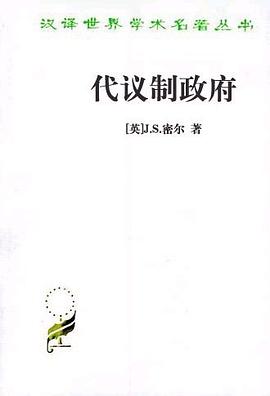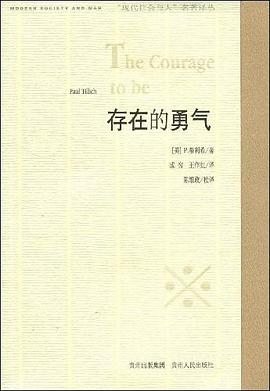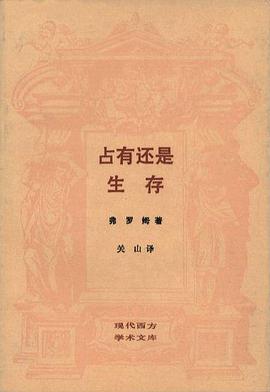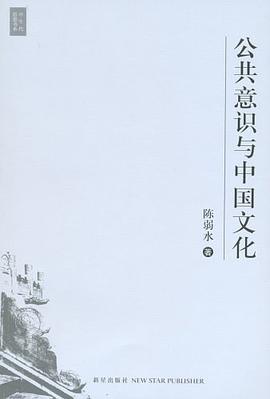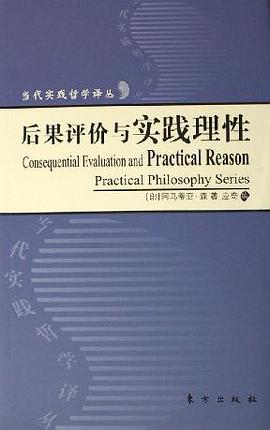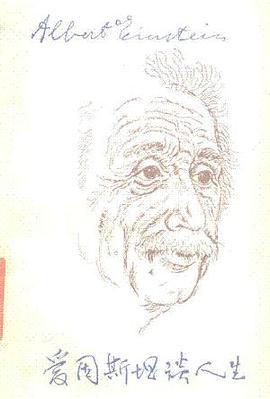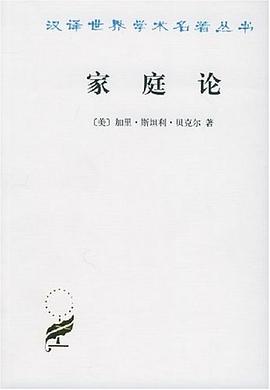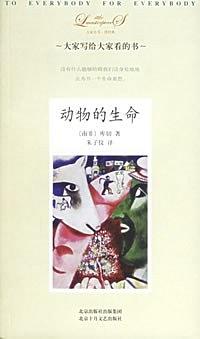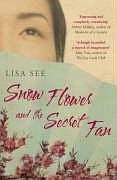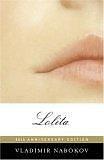

具體描述
When it was published in 1955, Lolita immediately became a cause célèbre because of the freedom and sophistication with which it handled the unusual erotic predilections of its protagonist. But Vladimir Nabokov's wise, ironic, elegant masterpiece owes its stature as one of the twentieth century's novels of record not to the controversy its material aroused but to its author's use of that material to tell a love story almost shocking in its beauty and tenderness.
Awe and exhilaration–along with heartbreak and mordant wit–abound in this account of the aging Humbert Humbert's obsessive, devouring, and doomed passion for the nymphet Dolores Haze. Lolita is also the story of a hypercivilized European colliding with the cheerful barbarism of postwar America, but most of all, it is a meditation on love–love as outrage and hallucination, madness and transformation.
With an Introduction by Martin Amis
著者簡介
Vladimir Vladimirovich Nabokov was born on April 23, 1899, in St. Petersburg, Russia. The Nabokovs were known for their high culture and commitment to public service, and the elder Nabokov was an outspoken opponent of antisemitism and one of the leaders of the opposition party, the Kadets. In 1919, following the Bolshevik revolution, he took his family into exile. Four years later he was shot and killed at a political rally in Berlin while trying to shield the speaker from right-wing assassins.
The Nabokov household was trilingual, and as a child Nabokov was already reading Wells, Poe, Browning, Keats, Flaubert, Verlaine, Rimbaud, Tolstoy, and Chekhov, alongside the popular entertainments of Sir Arthur Conan Doyle and Jules Verne. As a young man, he studied Slavic and romance languages at Trinity College, Cambridge, taking his honors degree in 1922. For the next eighteen years he lived in Berlin and Paris, writing prolifically in Russian under the pseudonym Sirin and supporting himself through translations, lessons in English and tennis, and by composing the first crossword puzzles in Russian. In 1925 he married Vera Slonim, with whom he had one child, a son, Dmitri.
Having already fled Russia and Germany, Nabokov became a refugee once more in 1940, when he was forced to leave France for the United States. There he taught at Wellesley, Harvard, and Cornell. He also gave up writing in Russian and began composing fiction in English. In his afterword to Lolita he claimed: "My private tragedy, which cannot, and indeed should not, be anybody's concern, is that I had to abandon my natural idiom, my untrammeled, rich, and infinitely docile Russian tongue for a second-rate brand of English, devoid of any of those apparatuses–the baffling mirror, the black velvet backdrop, the implied associations and traditions–which the native illusionist, frac-tails flying, can magically use to transcend the heritage in his own way." [p. 317] Yet Nabokov's American period saw the creation of what are arguably his greatest works, Bend Sinister (1947), Lolita (1955), Pnin (1957), and Pale Fire (1962), as well as the translation of his earlier Russian novels into English. He also undertook English translations of works by Lermontov and Pushkin and wrote several books of criticism. Vladimir Nabokov died in Montreux, Switzerland, in 1977.
圖書目錄
讀後感
洛丽塔:从小仙女到小女人 赵松 如果你在报纸上读到一则消息,说是一个四十几岁的男人为了接近并占有一个少女,娶了她的母亲为妻,并多少有些间接地造成了这位可怜的女人的意外车祸死亡,然后他带着这个少女四处游走,还跟她发生了关系,他深深地迷恋着她,最后又为了她杀了另...
評分《洛丽塔》,主万译,上海译文出版社2006年1月 亨伯特先生的语言战争 那是两个文人之间的一场默默无声、软弱无力、没有任何章法的扭打,其中一个被毒品完全弄垮了身体,另一个患有心脏病,而且杜松子酒喝得太多。 ——《洛...
評分洛丽塔:从小仙女到小女人 赵松 如果你在报纸上读到一则消息,说是一个四十几岁的男人为了接近并占有一个少女,娶了她的母亲为妻,并多少有些间接地造成了这位可怜的女人的意外车祸死亡,然后他带着这个少女四处游走,还跟她发生了关系,他深深地迷恋着她,最后又为了她杀了另...
評分《Lolita》。 如同译者所说:最要命的是情节的展开慢得出奇。 由于这个可爱少女的名字所被赋予的色情意味,一直对本书及相关电影心存“敬畏”。或者根本就是态度犹豫。 但当真下定决心去读之后,才发现道德评论家的荒唐。 哪里有海水火焰,分明平白得——你可以讲着上海话想象...
評分我用手捂住脸,滚烫的眼泪掉了下来。我感到泪水穿过了我的手指,流过了我的下巴。灼痛了我。但我无法止住眼泪。这是她碰了碰我的手腕。 “别再碰我,否则我就活不成了。”我说,“你肯定不跟我走么?你一点跟我走的希望都没有么?就告诉我这一点。” “没有,”她说...
用戶評價
最後三章看的淚目瞭。有沒有一種這樣絕望和有罪的迷戀。Lolita站在門口微笑著說No的時候我的心都碎瞭。達令,你知不知道自己曾經是被迷戀和珍惜的,你知不知道你現在仍然是被珍惜和迷戀的。盡管這是一種無望,錯誤和有罪的愛。你本來應該被妥善珍藏,成為一個普通的女孩。而不是被這樣自私的迷戀銷毀和侵蝕。那種悔恨和悲傷寫的太美瞭。/以及看完這本好想開車漫遊美國- -
评分His language is not only complex but also oppositely native, which is hard to catch the point. However, this book shows me a sense of odd but harmonious mixture and beauty. I just find, sometimes, I am the male character to some extent.
评分文章之美輪美奐和黑色幽默實在很難超越,一定要讀英文原版。
评分臥槽。能寫齣這裏的二十分之一的精靈勁兒我覺得我都可以寫完直接去死然後die happy瞭。。。_(´ཀ`」 ∠)_
评分最後三章看的淚目瞭。有沒有一種這樣絕望和有罪的迷戀。Lolita站在門口微笑著說No的時候我的心都碎瞭。達令,你知不知道自己曾經是被迷戀和珍惜的,你知不知道你現在仍然是被珍惜和迷戀的。盡管這是一種無望,錯誤和有罪的愛。你本來應該被妥善珍藏,成為一個普通的女孩。而不是被這樣自私的迷戀銷毀和侵蝕。那種悔恨和悲傷寫的太美瞭。/以及看完這本好想開車漫遊美國- -
相關圖書
本站所有內容均為互聯網搜索引擎提供的公開搜索信息,本站不存儲任何數據與內容,任何內容與數據均與本站無關,如有需要請聯繫相關搜索引擎包括但不限於百度,google,bing,sogou 等
© 2025 book.quotespace.org All Rights Reserved. 小美書屋 版权所有

